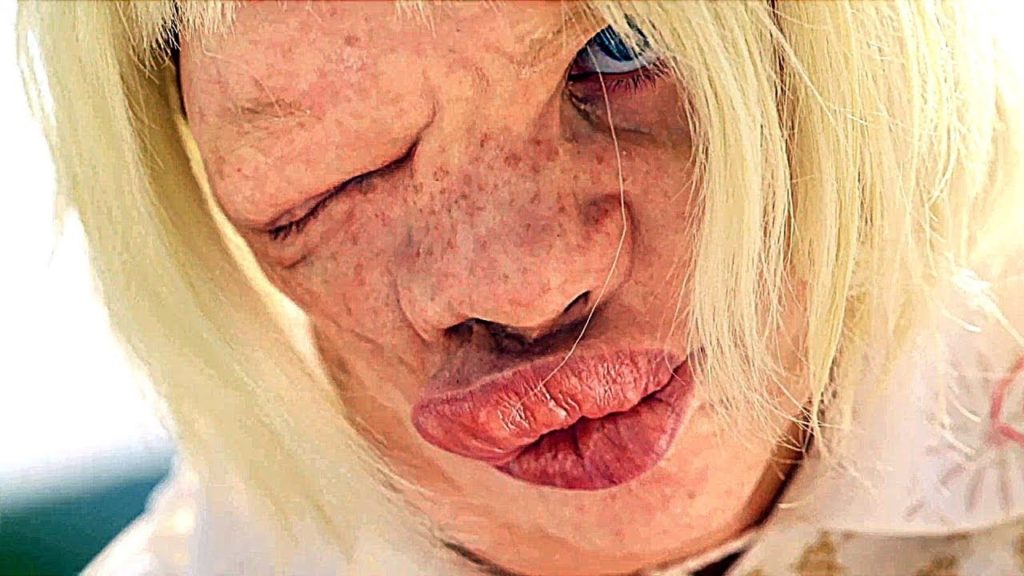Written and Directed by Ari Aster | 147 min | On Demand
Ari Aster made a splash in 2018 with his debut feature, the summer creepfest Hereditary, anchored by Toni Collette’s full-on performance. In his follow-up he’s chosen another terrific actor to be the film’s splashy heart, Florence Pugh, and delivered another deeply weird and unnerving picture. As with Hereditary, the journey is a lot more satisfying than the destination, but unlike the previous picture, Aster’s impressively crafted film doesn’t offer much to think about beyond the crawling skin.
We open with an exploration of a relationship on the rocks: Christian (Jack Reynor), wants to break up with his girlfriend, Dani (Pugh), but doesn’t quite have the courage. His post-grad buddies—William Jackson Harper as Josh, Will Poulter as Mark, and Vilhelm Blomgren as Pelle—aren’t hugely sympathetic to Christian’s circumstances, especially when Christian invites Dani along on the boys’ month-long summer trip to Sweden. To complicate matters, she’s still grieving a family tragedy, which makes it hard for her to enjoy the first mushroom trip when they arrive at Pelle’s home, deep in the Swedish hinterlands.
The commune—a lot of folks wearing linen, chanting, and singing—is about to celebrate a mid-summer festival, nine days of what Pelle calls “theatre,” lots of dancing and pagan pageantry. Anyone watching will figure out within the first half hour there’s something deeply wrong here—this remote community has some fucked up ideas about senior care and paying respect to elemental forces. The two hours that follow is more or less our leads’ borderline tedious realization of what’s happening around them, and the roles they’ll be forced to play in the festivities.
Despite the overly deliberate pace, this is a vivid, hallucinogenic bad trip, with Aster bringing a host of impressive visuals to bear, giving us a look through the eyes of our participants after they’ve sipped the ‘shroom tea.
But to what end? Having set up the couple’s schisms as the main thematic thread, Aster treats their relationship as a sideshow to the main event. Christian’s entitlement, lack of commitment, and inability to be honest with Dani paints him as a douche, but he and Dani never really hash it out—are they going to try and save each other from the horror around them, or get lost in it?
By the third act, there’s no suspense to be generated from that central relationship, it’s just a question of whether they’ll die in some kind of wicker man—yes, the Robin Hardy/Anthony Shaffer picture is the central touchstone—or find a way to turn the tables on these cultish freaks. You get the feeling Dani will weaponize her frustration, but despite that furtive smile we get in the late running, she always feels like a victim rather than an agent.
There’s also no one in the commune who manifests as any kind of character, and key incidents frustratingly take place off-screen while we’re left to piece together the real reasons for the repeated number nine, the rigid group-think, the giddy love potions, and that character with the unusual face.
There’s perverse pleasure in paying witness to all of this, and Pugh’s heaving emotional work helps keep the stakes real, yet witness is all the audience gets to be. More’s the shame Aster’s film, despite its impressive, poised production value, misses the opportunity for a real-world takeaway beyond morbid spectacle, especially given the set-up was right on the money.













